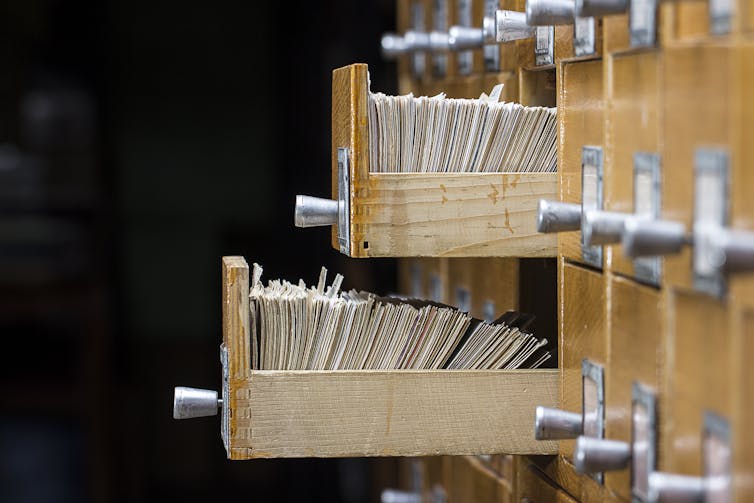This piece is part of a series about the big Internet letdown. Read the rest of the series.
The internet can be a toxic place. Disinformation, hate speech, and trolls not only abound; they are also encouraged by the click economy that dominates many online platforms. There are no good clicks, no bad clicks, just clicks. By that measure, mutual animosity is high because it results in a lot of clicks.
But this is only one side of the web.
As I discovered in my research, there are also lesser-known places on the internet where mutual care flourishes.
These online oases are built, carefully maintained, and fiercely protected by dedicated people who typically share a niche interest. Members connect and share information with each other that can often be life-changing, helping them overcome personal barriers both large and small.
Informal networks
‘Informal networks’ are social connections that allow people to share information around a common interest or need.
In the past, a version of this would be village gossip. In times of urgency, this tangle of social connections allowed people to respond without waiting for the next paper—or dealing with issues the paper wouldn’t even cover.
While geographically bounded informal networks are disappearing, they are now forming online.
For example, people with relatively rare chronic conditions can find others on Facebook or in online forums who can provide information about experiences, tips on how to get quality medical care, or ideas on how to continue exercising.
These networks often exist in a dual world, both online and in person.
BlurryMe/Shutterstock
Finding the right people
Diabetes is becoming increasingly common and makes daily life more complex and challenging.
In my own research, I discovered a group of avid runners with diabetes who were initially strangers but became connected through chance social encounters. They were given a shared challenge: how to find the right diet and control blood sugar levels so they could keep running.
One runner explained that “finding the right people saved the life I loved, maybe even my life.” This network consists of a dietician and a sports scientist and offers information and guidance that would never appear in a book.
Local and family history is another topic around which informal networks are emerging online.
Often specific knowledge is critical, as one member of an online local history group explained:
when I tried to access the [local archive] I found it very difficult to get the archivist to be helpful […] I received guidance [via an online group] about how to get to her right side so I could get what I was looking for.
Again, this is not the kind of knowledge that is going to be published. But it is vital for those who pursue it out of interest.
The opposite of division
These informal networks are in stark contrast to the divisive pattern found in some parts of the Internet. Posting too often and taking divisive or offensive attitudes will quickly get you banned.
Those who run the Facebook groups and online forums I research are mostly volunteers. The main source of information is other members, so there is an inherent need to be a good citizen. As one person explained:
I want the community to work, but I don’t have the time or patience for people who are disruptive.
Status comes from being friendly, constructive and informative, and reciprocal behavior is expected. Many groups, such as runners with diabetes, meet in real life and are located in a specific geographic area.

NATALIA61/Shutterstock
Discussions often take place over time, ranging from personal chats over coffee, chance encounters at an event, online one-on-one messages and forum posts. The network spans different social and technological contexts.
The value of these online informal networks is in gaining knowledge of real experiences, and often the emotional support needed to put that experience into practice.
While commercial online platforms value conflict because it produces furious engagement and higher advertising revenue, the currencies of these networks are empathy and insight.
A new model
However, the pressures of the world outside the online oasis still exist. Most groups need police from time to time. For example, moderators of a diabetes discussion forum have had to continually ban people who promote “snake oil” solutions.
More often, however, antisocial behavior leads to participants being ignored and left to fend for themselves. A fraudulent post will likely result in a critique of other posters rather than requiring the moderator to intervene. Everyone is involved in creating and defending the value of the informal network.
Unlike many parts of the Internet, informal online networks don’t care about clicks: they survive on real-world benefits. They disappear when they no longer provide the benefits people want or need.
Instead of just thinking about clicks, the companies that control major online platforms could help improve the Internet by learning from what is valued in informal networks.





